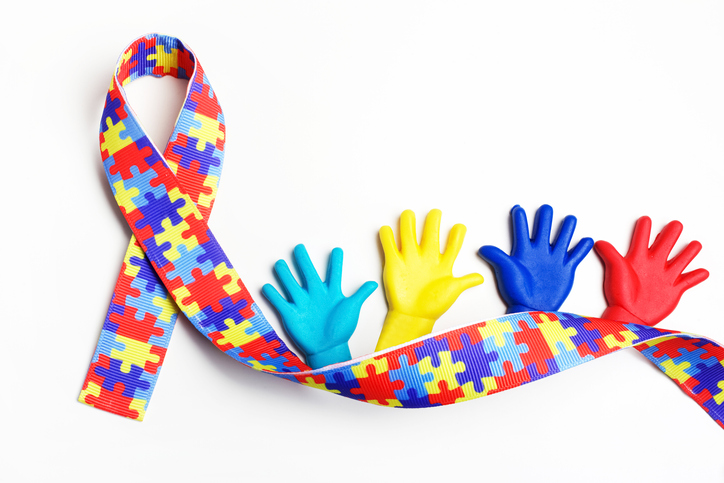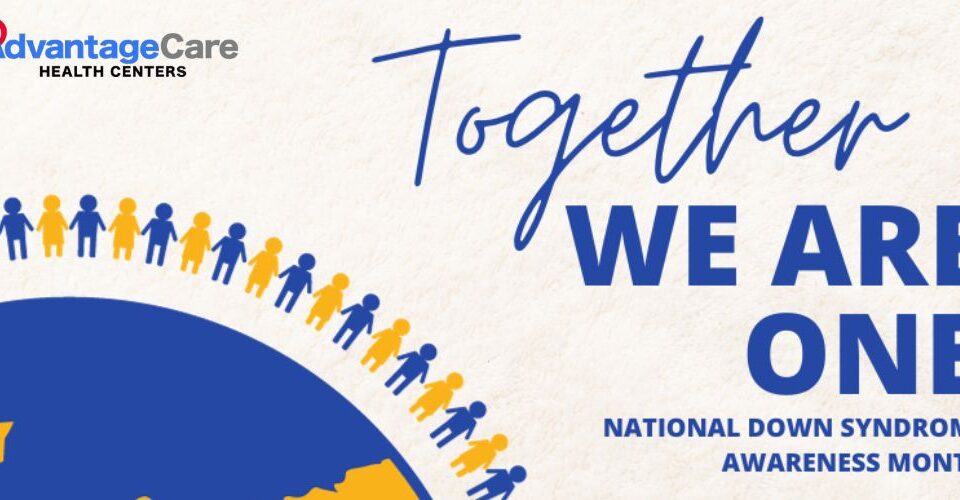
7 Vaccines for Adults that Protect Against Serious Illness
August 19, 2019
Easy (and Enjoyable) Heart Healthy Diet Tips to Follow
September 25, 2019
These days, there are few families on Long Island who haven’t been touched in some way by Autism Spectrum Disorder (ASD). In fact, one in 59 children have this diagnosis. Even though most children do not receive an Autism diagnosis until after the age of four, many parents of children with ASD notice problems with development before their child’s first birthday. With early identification, there has been shown to be an increased likelihood of improving long-term outcomes.
What is Autism Spectrum Disorder?
According to Autism Speaks, an advocacy organization, “Autism, or Autism Spectrum Disorder, refers to a broad range of conditions characterized by challenges with social skills, repetitive behaviors, speech and nonverbal communication.”
The American Psychiatric Association now groups four previously distinct Autism-related diagnoses into a single category known as Autism Spectrum Disorder, which includes:
- Autistic disorder
- Childhood disintegrative disorder
- Pervasive disorder-not otherwise specified
- Asperger syndrome
Early Autism Diagnosis Aids Treatment
ASD is considered to be a “developmental disorder,” because the signs and symptoms tend to appear in the first two years of life. Unfortunately, many children do not formally receive an autism diagnosis until they are much older, resulting in lack of access to important interventions and supports.
Recent research has shown that early intervention is one of the keys to helping children and parents manage Autism. With therapy and behavioral interventions, children can learn important skills, such as talking, walking and interacting with others, which may improve the symptoms of the diagnosis over time.

How Autism is Recognized in Children
An Autism diagnosis can be made by a clinician based on the presence of certain signs and symptoms, such as impairments in social communication and interaction, and the results of testing. ASD cannot be diagnosed by a simple blood test. Instead, it can manifest itself in children in many different ways and at many different times.
Early Indicators
6 Months
- Few or no big smiles or other engaging expressions
- Limited or no eye contact
9 Months
- Little to no sharing of sounds, smiles or facial expressions with others
12 Months
- Little to no babbling, gesturing or response to their name
16 Months
- Very few or no words
24 Months
- Very few or no meaningful, two-word phases (not including imitating or repeating someone else)
When to get your Child Screened for Autism
A developmental screening is a short test to tell if children are learning basic skills when they should, or if they might have delays. At this time, a health care professional might ask the parent some questions, or talk and play with the child to see how they learn, speak, behave and move. Although an early diagnosis is important, intervention at any age can help to improve a child’s emotional and social wellness.
All children should be screened for developmental delays and disabilities during regular well-child doctor visits at:
- 9 months
- 18 months
- 24 or 30 months

The 2019 Town of Oyster Bay Walk for Autism
Join us on September 21 from 10 a.m. to 2 p.m. at John J. Burns Town Park in Massapequa for the Town of Oyster Bay Walk for Autism, benefiting The Fay. J. Lindner Center for Autism and Developmental Disabilities at Advantage Care. Your support will help us to provide the highest quality state-of-the-art clinical services to people with ASD.
Click here to register for the event.





